“A game changer”: How a Kenyan radio station is reviving a dying indigenous language
- A community radio station within the Mau Forest Complex in Kenya teaches Ogiek, preventing the language and culture from going extinct.

Nakuru, Kenya (Minority Africa) — Standing out within the Mau Forest Complex, in a forested area approximately 210km west of Nairobi, Kenya, is an over 60-foot steel radio mast with an aviation light on top. Inching closer, a wooden fence intertwined with wire mesh separates the compound of Sogoot 97.1 FM from the houses around it.
A community radio station, Sogoot, which in Ogiek means “leaves,” broadcasts in Ogiek from 6 am to 11 pm daily, educating and giving direction to thousands of Ogieks within the station’s 30-kilometre radius.
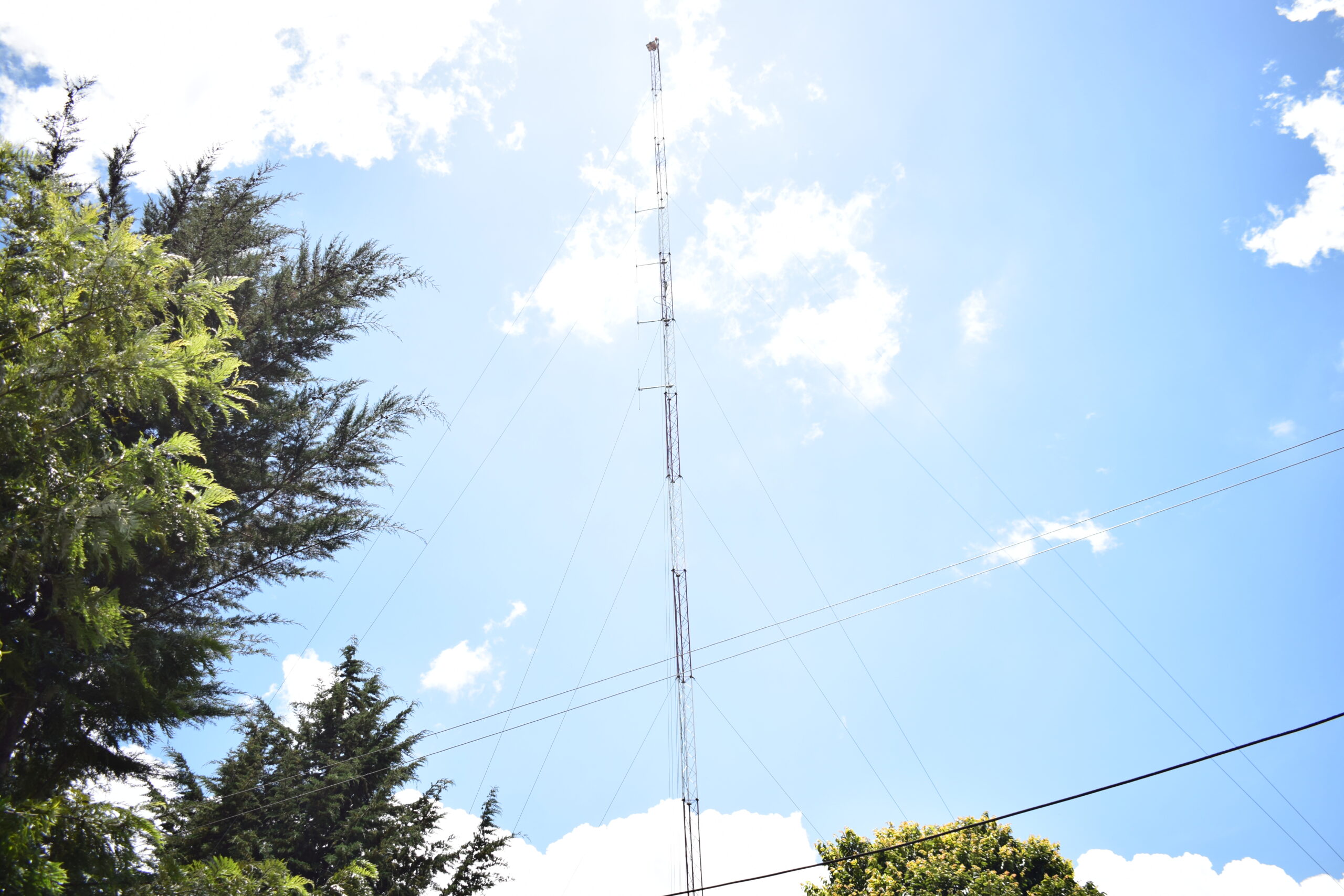
“Sogoot FM is a game changer for us,” says Stephen Lele, station manager and a founding member of Sogoot FM. “Within where we reside, we haven’t heard any radio station that broadcasts in our language. Our shows focus on everything that touches on humanity, from culture, health, education, leadership and governance, conservation, social, and economic empowerment”
According to UNESCO’s World Atlas of Languages, over 6,700 are indigenous and are highly threatened, facing extinction. In Africa alone, hundreds of languages are facing extinction or are already “dead”. In Kenya, Ogiek is one of the eight Kenyan languages considered threatened and facing extinction.
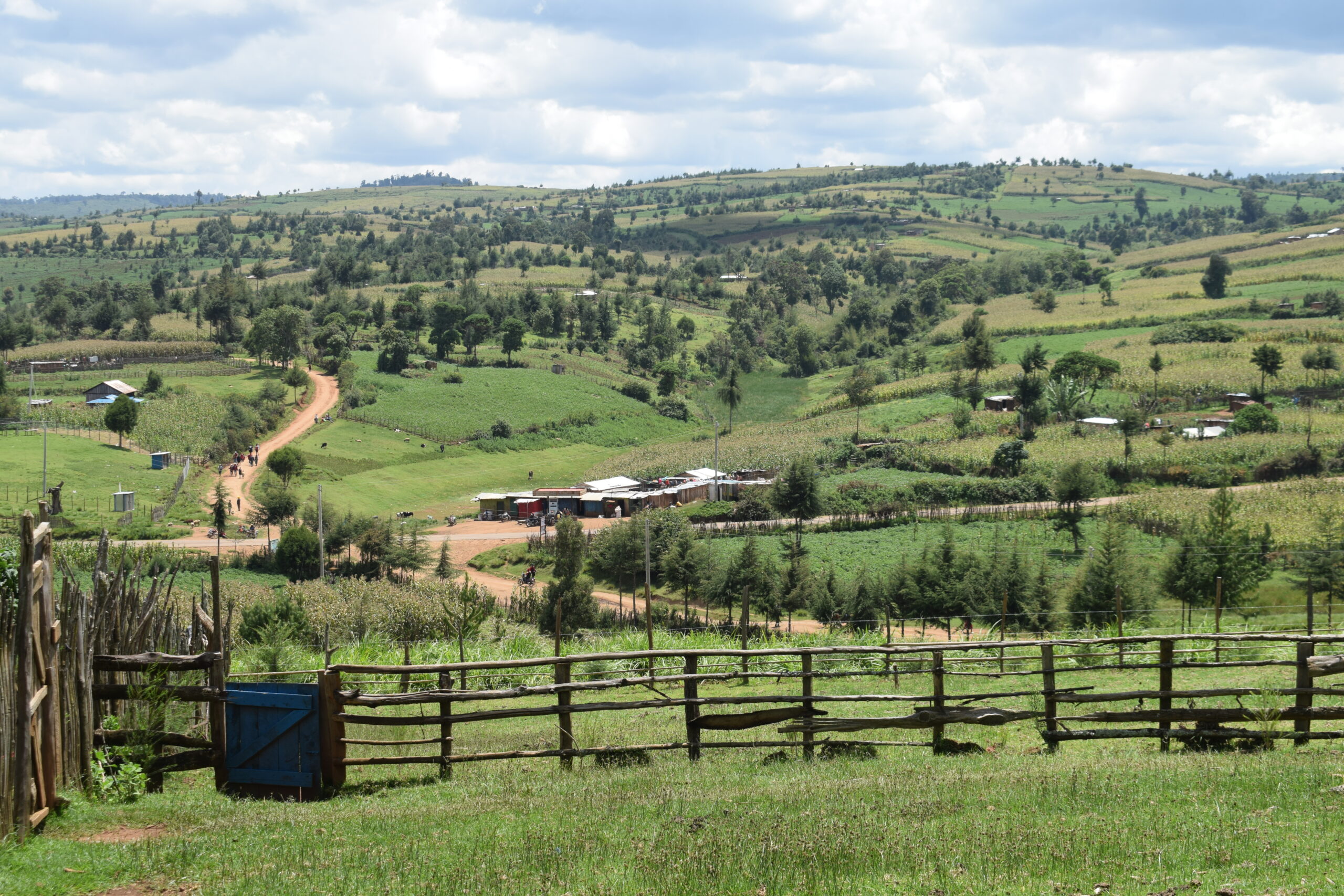
The 2019 Kenya Population and Housing Census (KPHC) says there are over 52,696 Ogieks in Kenya. The Ogieks, known for beekeeping and being hunters and gatherers, claim they have been sidelined in many development matters because of their minority status in Kenya.
Stephen Moitalel Njala, a grandfather and community elder, says the Ogieks’ woes began when the Kenya Forest Service “KFS” evicted them from their ancestral land within the Mau complex in October 2009.
Njala calls the eviction a violation of the community’s human rights, which has adversely affected them economically, socially and politically. “Our culture and language cannot stand if we are deprived of our fundamental rights and freedoms. We have no representation in the county assembly or national assembly, nor do we have representation in the national government and at the county level. How do we redeem ourselves if we don’t have our leaders whom we elected?”
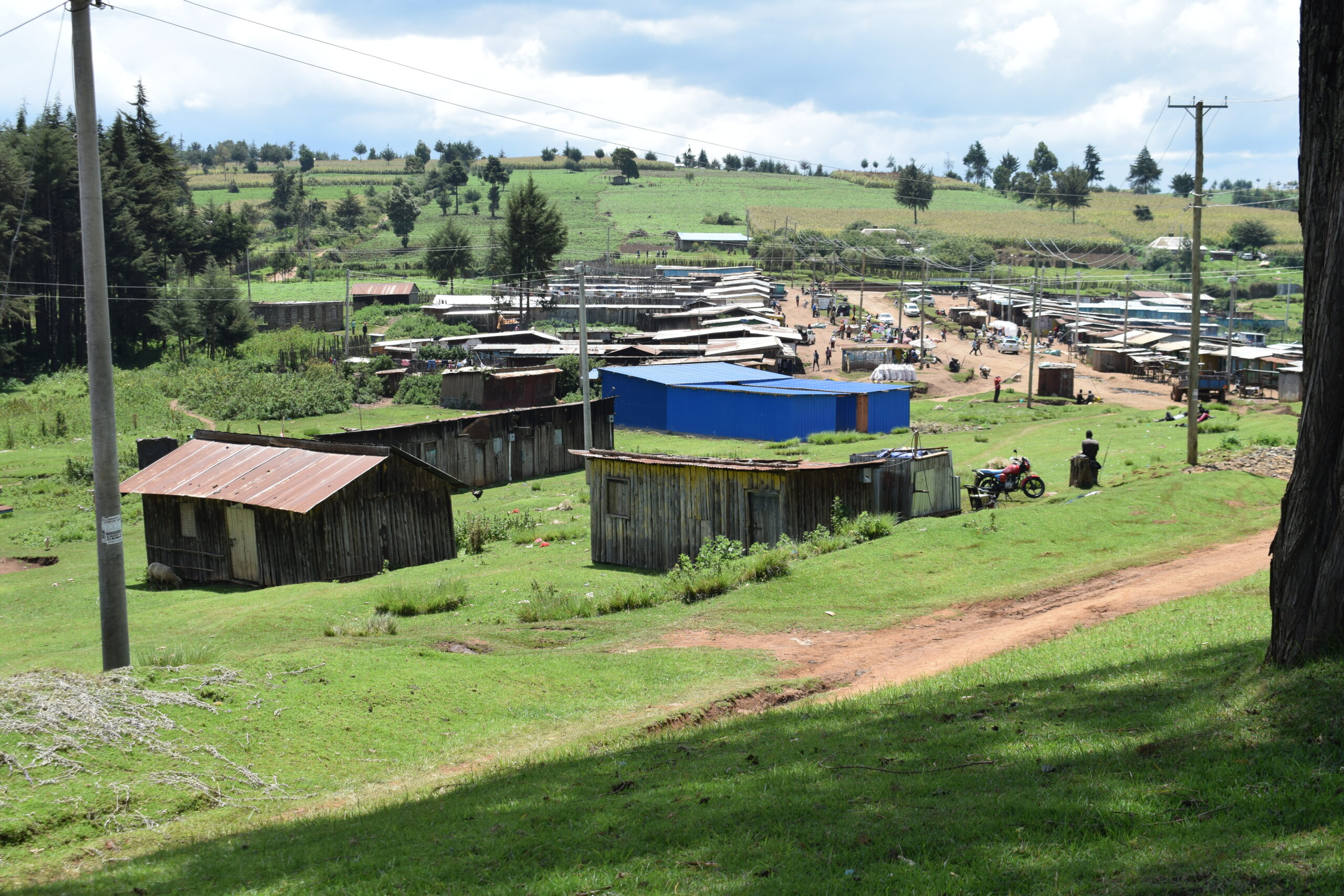
“As a community, our culture and language is in the intensive care unit ICU,” Njele continues. “What we are doing now is trying our best to resuscitate it. Despite numerous technical challenges facing the station, we are proud of our only radio station, Sogoot FM, that has partnered with us as elders to promote our language and culture.”
Professor Wendo Nabea, a historical linguist and communication expert from Laikipia University in Kenya, says lack of practice, bilingualism, rural-urban migration, and natural calamities play a role in endangering languages across the globe.
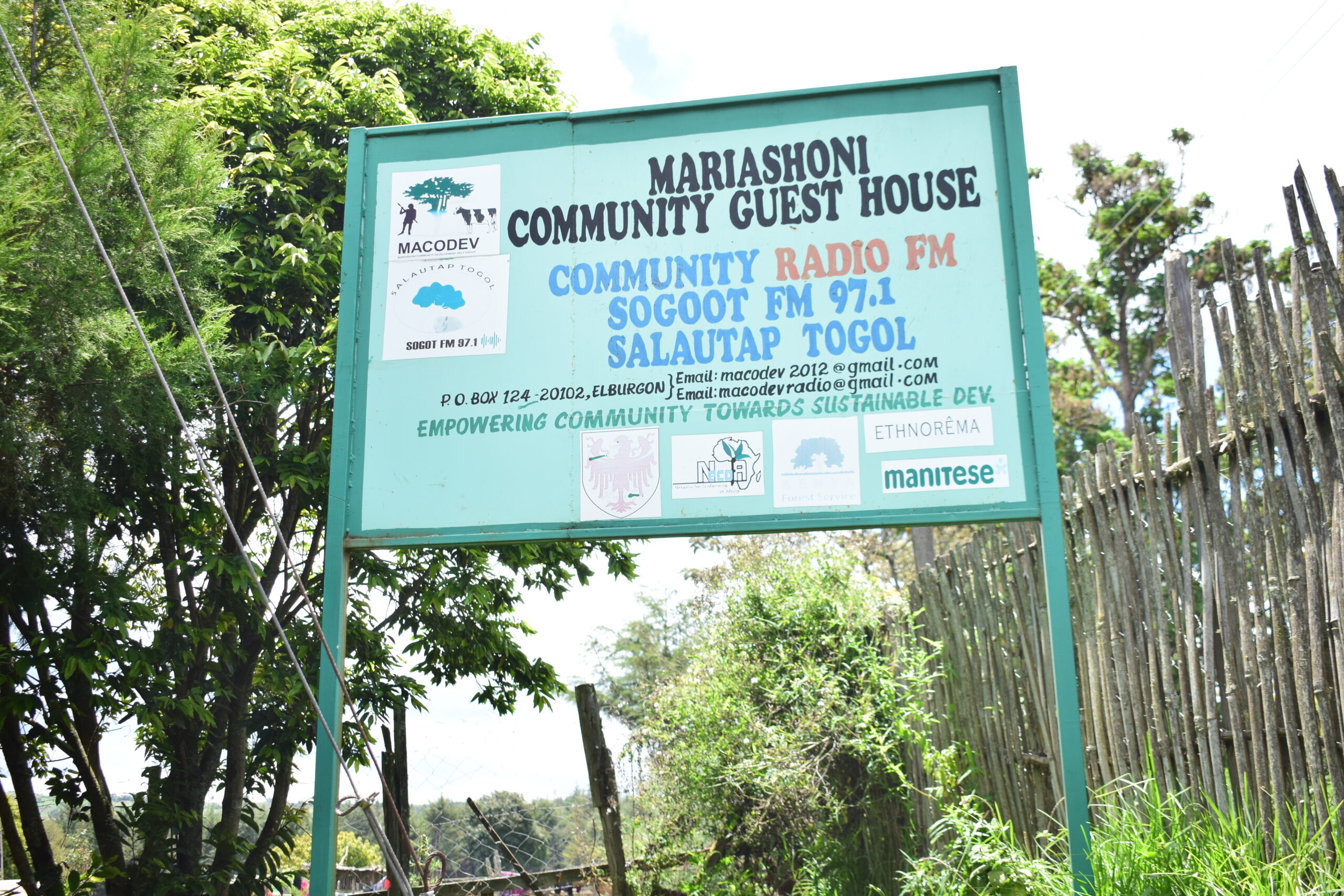
“We understand we have diverse cultures and some are more powerful than others, and young people, to be specific, tend to rely on them for survival; hence dependency syndrome, that ends up enslaving existing language and culture,” Professor Nabea says.
Mr Erick Kinya Muriuki, a cultural officer in Nakuru County, says that Kenya’s language challenges are not new; they date back to the colonial days when citizens were not allowed to use their vernacular and indigenous language before their masters. This marked the beginning of the “death” of indigenous or local languages in Kenya, among other areas.
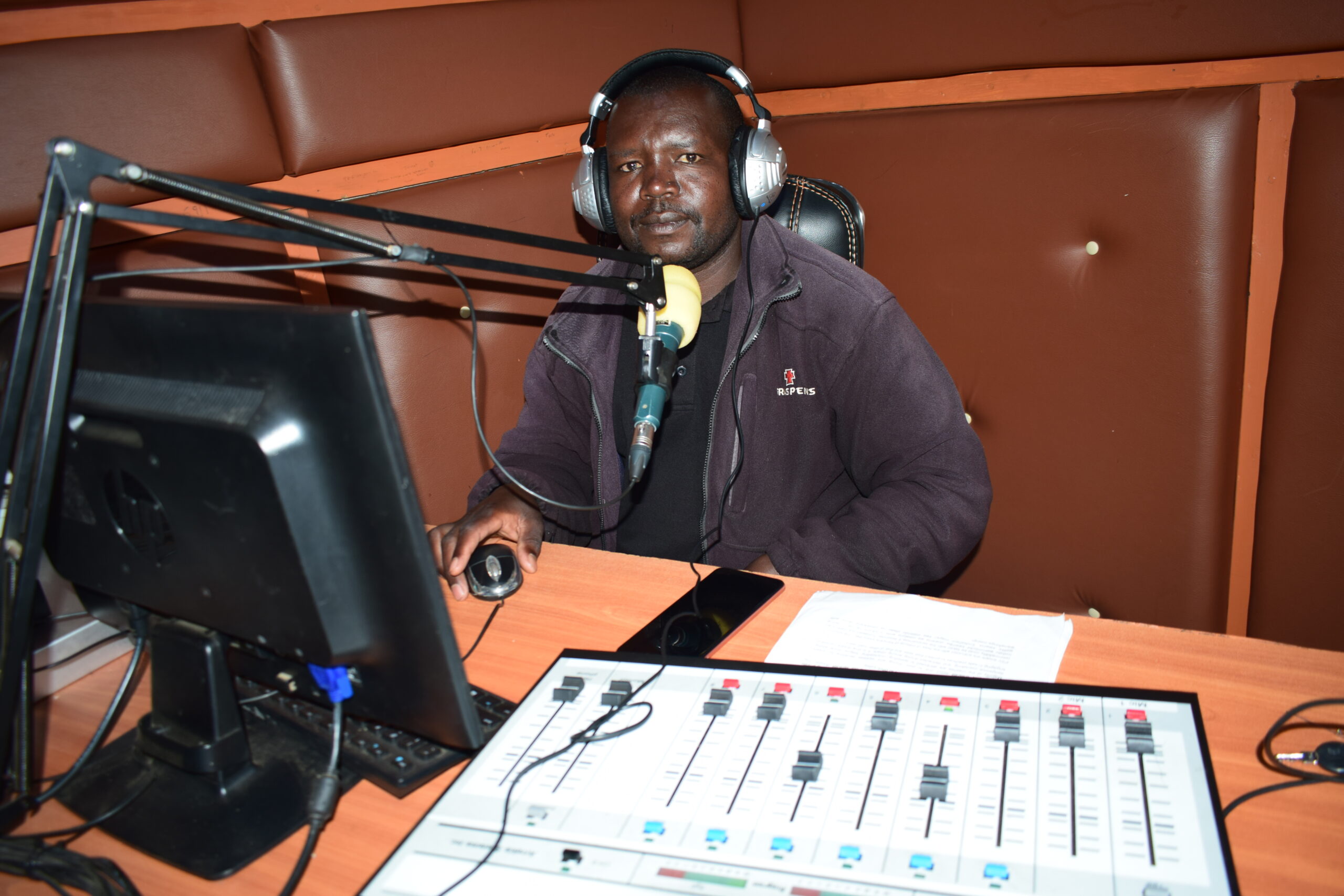
“After independence, we were supposed to cut ourselves from the colonial mentality, but it never happened,” says Muriuki. “The language of instruction became English, it became fashionable, and we forgot to safeguard our local languages.”
While modernisation and technological advancement should be used to save endangered languages, Professor Nabea says instead, they serve as a platform for championing the popular ones.
“Majority of parents in Kenya pride themselves when their children communicate in English, which is an official language, and downgrade the national language, Kiswahili, and other native languages,” adds Professor Nabea.
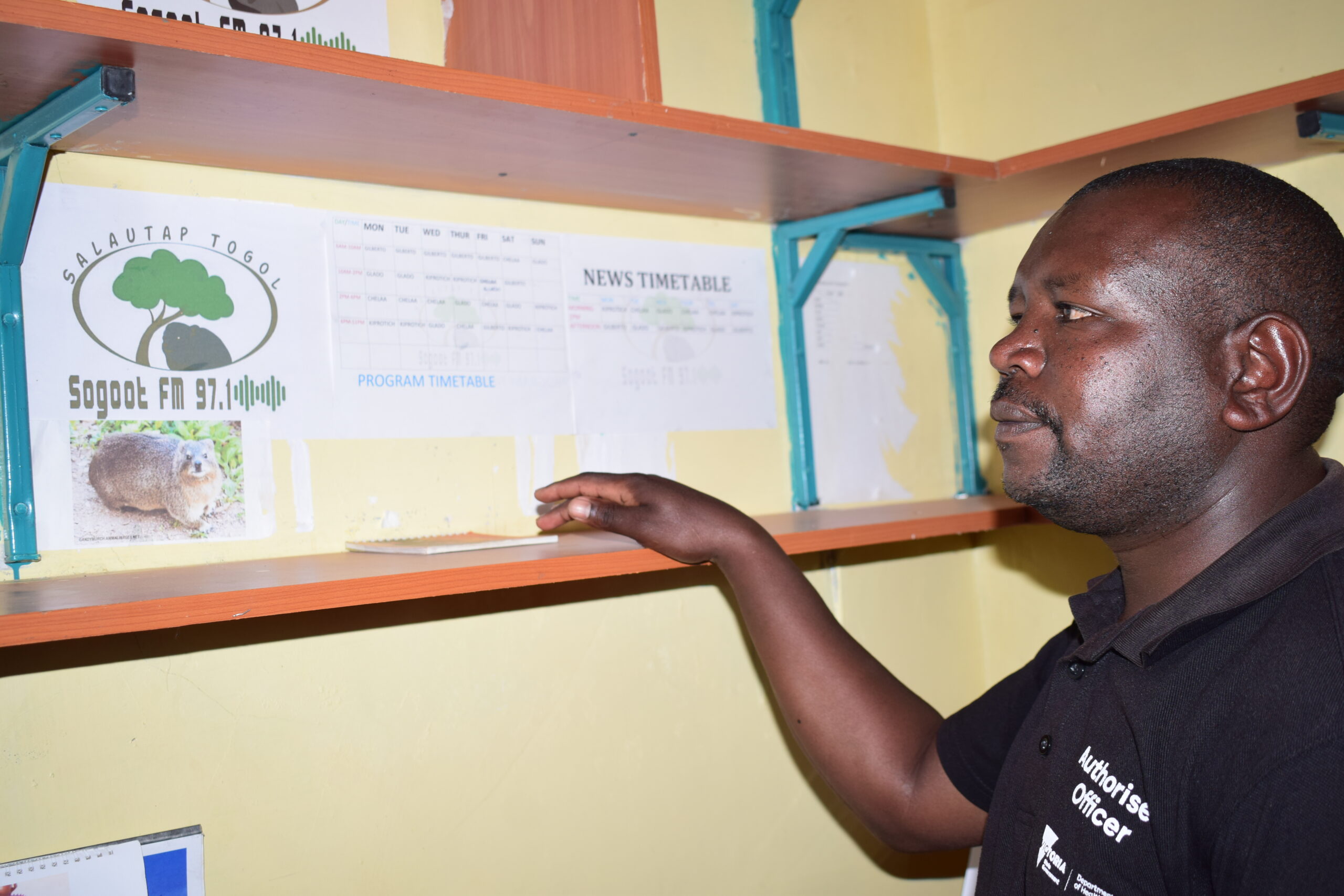
To save Kenya’s dying languages, Muriuki says measures are underway to bring back the eroded languages and culture through the formulation and enactment of indigenous knowledge policies that are at an advanced stage.
“Some of these policies will not only safeguard indigenous languages but also take care of all the culture that has been taken for granted,” says Muriuki. “All is not lost; we have resources and programs in place; we also encourage parents and guardians to allow and motivate their children to participate in extracurricular activities such as music, drama festivals, folk songs and dances to guard our culture and languages.”
For Lele, Sogoot FM is a way to ensure Ogieks have a voice and all community members are informed, educated and entertained in their local dialect. “When your right as a community is deprived, you have no say; you can’t even be able to elect your leaders; our language automatically ends up diminishing and dying.”
Thanks to the support from the community led by Ogiek elders, the station has continued broadcasting in the indigenous Ogiek language since 2019, when it was founded.
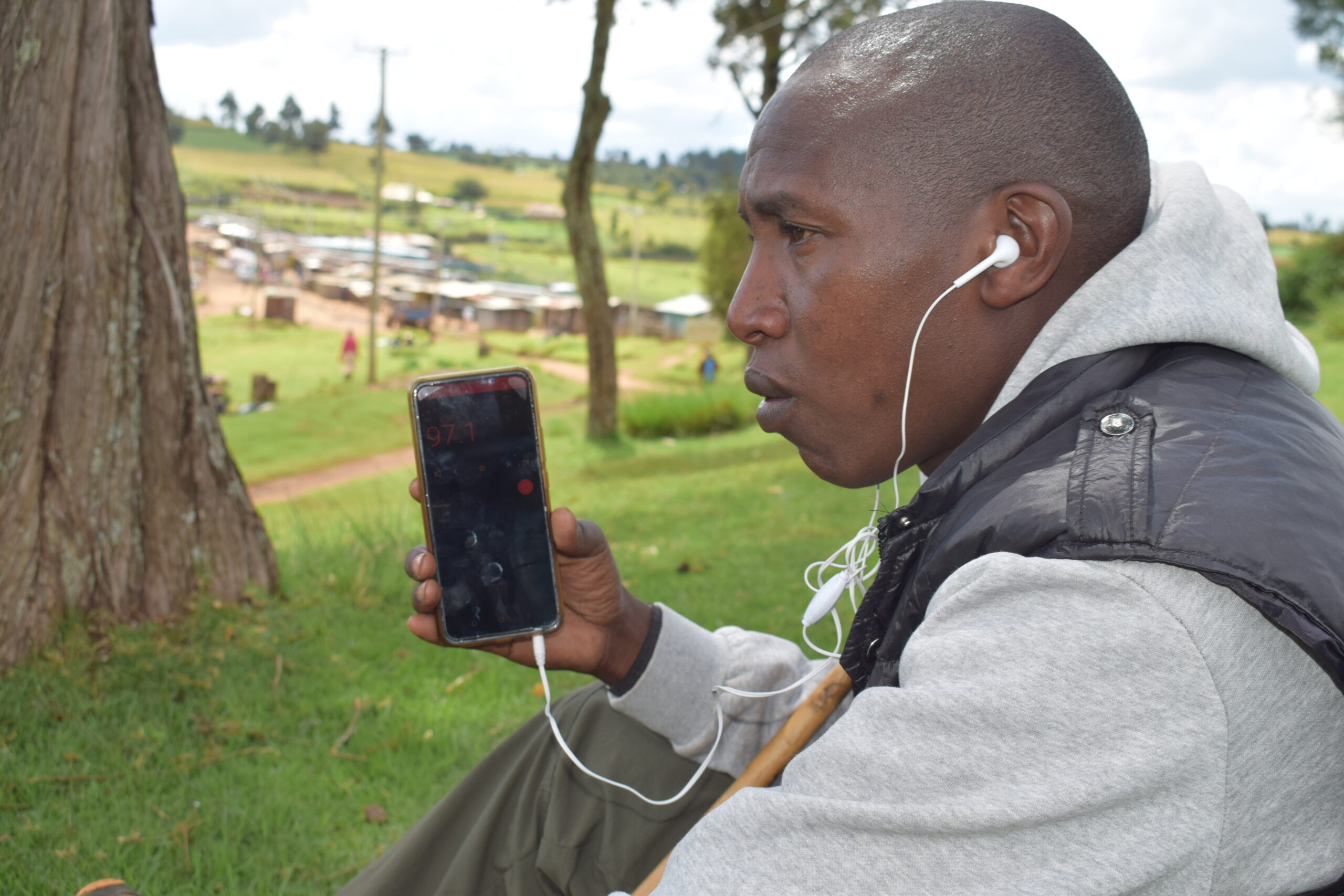
At various times, the community has come together to fundraise for the station to purchase instruments or gadgets. In 2018, the community came together and helped build a modern broadcasting house, which includes a newsroom, office and studio. Members of the community send in gifts to the radio stations, help the young presenters come up with content by sharing knowledge on Ogiek’s way of life, and organise gatherings to sensitise and promote listenership.
“There is still a lot that needs to be done, especially in sensitising the communities to actively and holistically participate to ensure that the vulnerable groups in society can use multiple systems they need to protect their rights,” says Eunice Chepkemoi, an Ogiek People’s Development Program (OPDP) coordinator implementing Amkeni Wakenya.
Funded by the United Nations Development Program and the European Union, Amkeni Wakenya seeks to enhance networking and working relationships among the Ogiek community and their neighbours, government agencies, and human rights institutions in other to improve access to justice and increase awareness of the challenges faced by the marginalised groups in Kenya
“As an organisation, OPDP, through the support of other partners, we are engaging young people to document our culture and language for posterity,” Chepkemoi says. “We have published a book about the Ogiek community, we have recorded songs, and we are coming up with a Bible written in the Ogiek language.”
Leon Ruto, an Ogiek youth and a law student who neither understands his culture nor speaks his language, opines that speaking in a foreign language, for instance, English does not mean one is educated. Those speaking in vernacular/local language should not be perceived as inferior.
“Everyone should be proud of their local languages; every language can carry the burden of your experience,” he says. “We should be proud of our diversity in Kenya; no one should be denied his or her rights and freedoms to promote unity, integration and a capital resource too. I salute all actors on the forefront to safeguard our culture and language so we may have a sense of belonging.”
As the conversation continues, scholars like Professor Nabea insist that when we go silent on culture and language conservation, we risk history judging us harshly.
Edited by Banjoko Samuel and Uzoma Ihejirika
"David Mangula Omurunga is a multimedia and award winner in Agriculture, Environment journalist,content producer, feature writer, news presenter with over ten years of experience, based in Nakuru Kenya. I am a Diploma holder in Mass Communication and Journalism from the Institute of Commercial Management, England. Have worked for various radio stations, serving in different capacities, doubling as a news editor. I believe in the spirit of humanity, that I am because we are."






